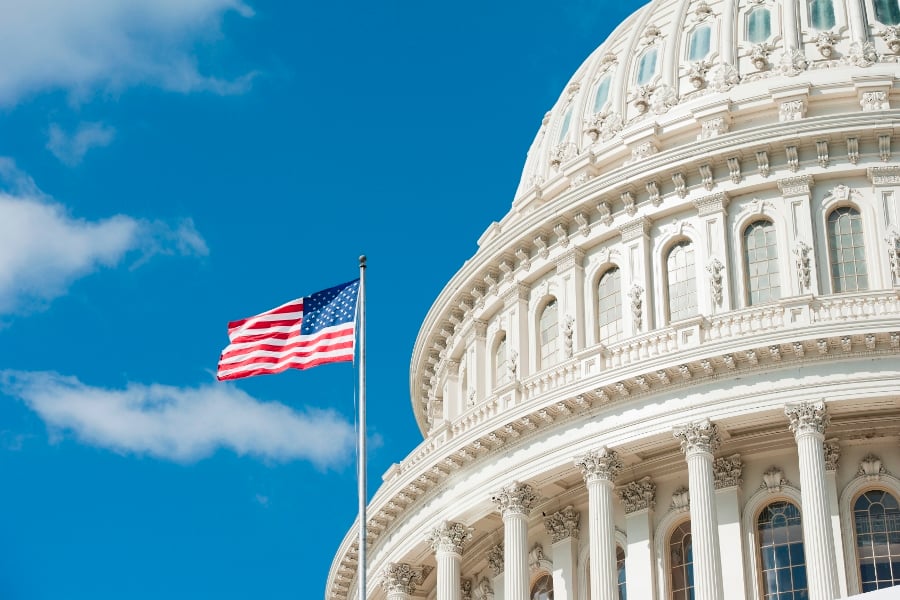

When the SEC finalizes rule proposals, the countdown begins on compliance deadlines for investment advisors and brokers. But the agency faces its own ticking clock when it comes to final proposals, thanks to next year’s elections.
Congress can kill regulations through a parliamentary procedure called the Congressional Review Act, or CRA. Congress has 60 legislative days after a rule is submitted to it to disapprove the rule by a majority vote. Final rules are usually filed with Congress around the time they’re published in the Federal Register.
If a rule is released in the months before an election, there’s a special look-back provision that allows a new Congress to pursue a CRA against rules that were approved during the previous Congress on a special fast-track procedure.
Regulations that go final during the summer or later in an election year can be vulnerable to a CRA when a new Congress is seated in January. Congressional disapproval of a regulation is most likely to occur when one party obtains a majority in both the House and Senate. That party also needs to control the White House to ensure the CRA will be signed by the president.
The SEC is pursuing an expansive agenda that contains 55 proposals in various stages of the rulemaking process. The roster has drawn strong criticism from congressional Republicans, who will be in a position to kill final rules that fall within the CRA look-back if the party wins the House, Senate and presidency.
The SEC is trying to avoid that scenario based on the final rule deadlines it has put on its latest regulatory agenda, according to an analysis by the law firm Sidley Austin.
“For example, the SEC appears to target finalization of many rules early enough that they could not be repealed under the Congressional Review Act (CRA), ensuring that such rules could not be overturned (absent a full notice and comment rulemaking process) if the 2024 election results in Republican political control of Congress and the presidency,” the analysis states.
SEC Chair Gary Gensler said the agency won’t rush out final rules just to beat the CRA clock.
“We will only finalize something if we think it’s right and it’s ready — not with an eye to the clock but just an eye to the law and policy and the economics,” Gensler said during a July appearance at the National Press Club in Washington.
He sidestepped a question about the agency’s timeline for releasing final rules on climate disclosure by public companies and on ESG disclosures by investment advisors.
“It’s really when the staff is ready and when the commission is ready to put something out and adopt it,” Gensler said.
The CRA has been used to overturn 20 rules since 1996, when the law establishing the CRA was approved. The 115th Congress (2017-18) disapproved 16 rules, while the 117th Congress (2021-22) disapproved three, according to the Congressional Research Service.

A new proposal could end the ban on promoting client reviews in states like California and Connecticut, giving state-registered advisors a level playing field with their SEC-registered peers.

Morningstar research data show improved retirement trajectories for self-directors and allocators placed in managed accounts.

Some in the industry say that more UBS financial advisors this year will be heading for the exits.

The Wall Street giant has blasted data middlemen as digital freeloaders, but tech firms and consumer advocates are pushing back.

Research reveals a 4% year-on-year increase in expenses that one in five Americans, including one-quarter of Gen Xers, say they have not planned for.
Orion's Tom Wilson on delivering coordinated, high-touch service in a world where returns alone no longer set you apart.
Barely a decade old, registered index-linked annuities have quickly surged in popularity, thanks to their unique blend of protection and growth potential—an appealing option for investors looking to chart a steadier course through today's choppy market waters, says Myles Lambert, Brighthouse Financial.
